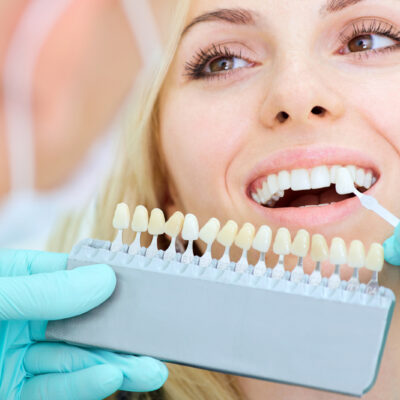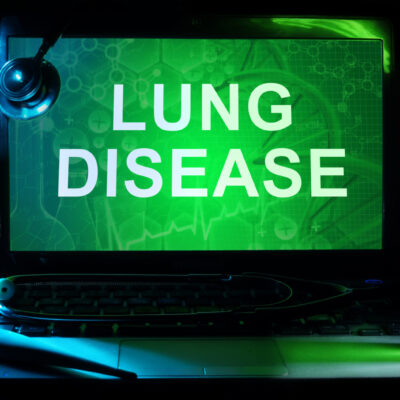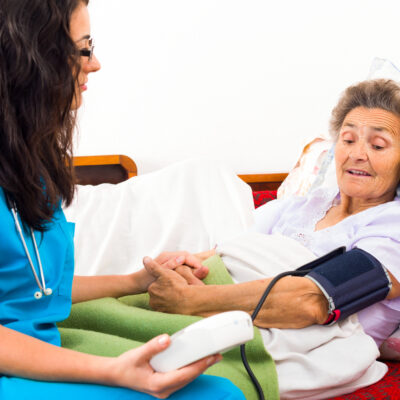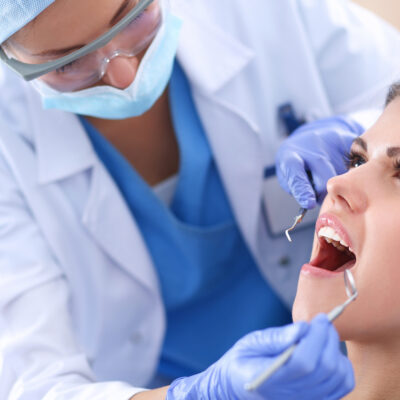
Health
Dental Implants Or Dentures? Which One Should You Opt For?
Missing teeth can affect a person’s confidence and oral health, but dental implants and dentures are two popular options that can help. Dentures are removable prosthetics that can replace one or more missing teeth, while dental implants are permanent replacements that are surgically placed in the jawbone. The cost of dentures may be more affordable than dental implants upfront, but they may require more maintenance and replacement over time. Dental implant financing options can make this option more affordable for some patients. Finding an affordable dental implant provider can be a good long-term solution for those seeking a more permanent tooth replacement option. Here are the benefits of each: 1. Dentures are cost effective Dentures are generally more affordable than dental implants, making them an accessible option for those on a budget. They can be customized to fit your mouth for a comfortable fit, and are easily replaceable if necessary. While they may require more maintenance and replacement over time, they remain a popular choice for those seeking a cost-effective solution. 2. Dental implants provide a more natural look and feel Dental implants look and feel like natural teeth, providing a more natural and permanent solution for those missing teeth.
Read More 















